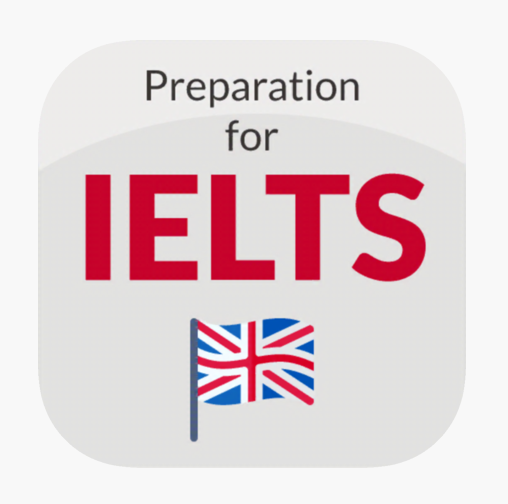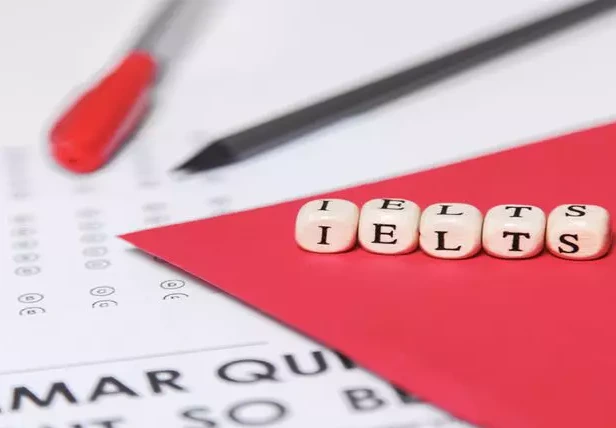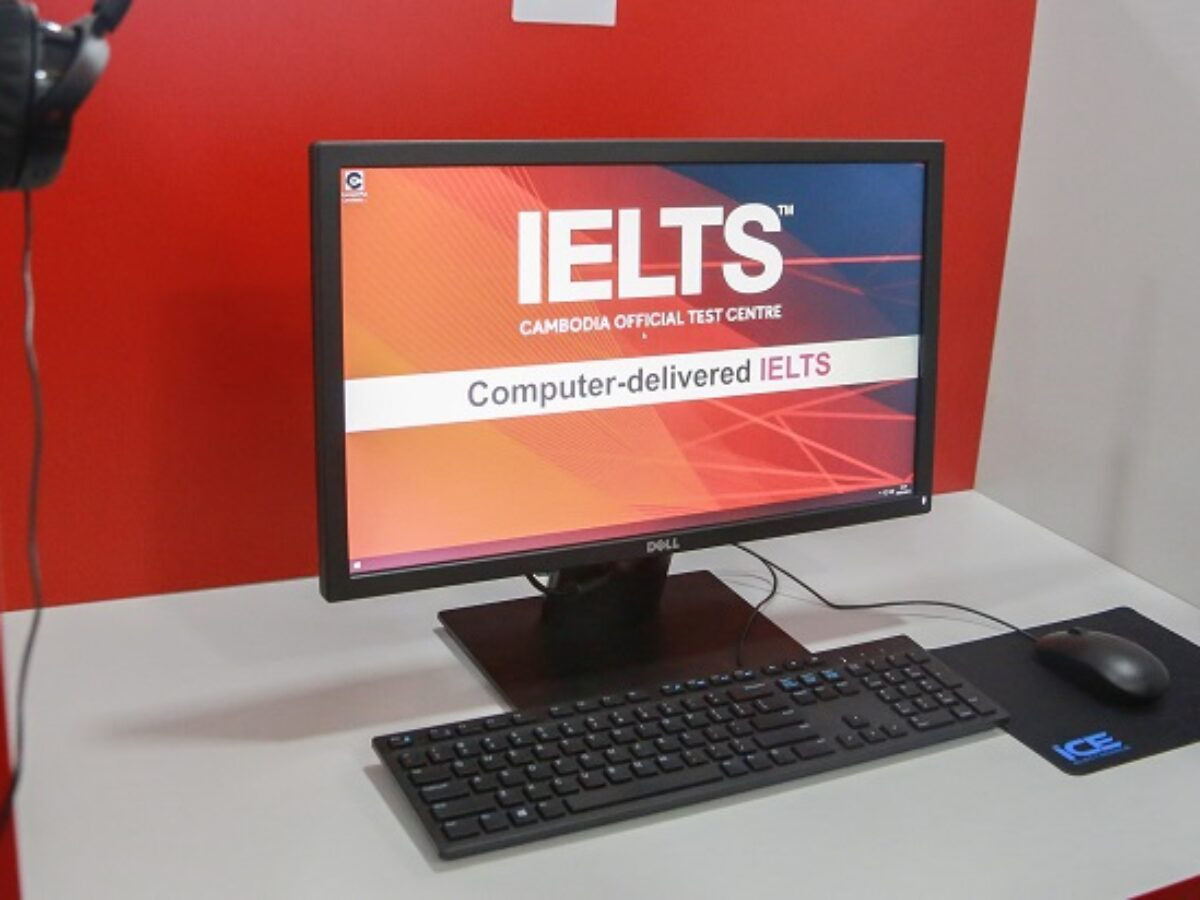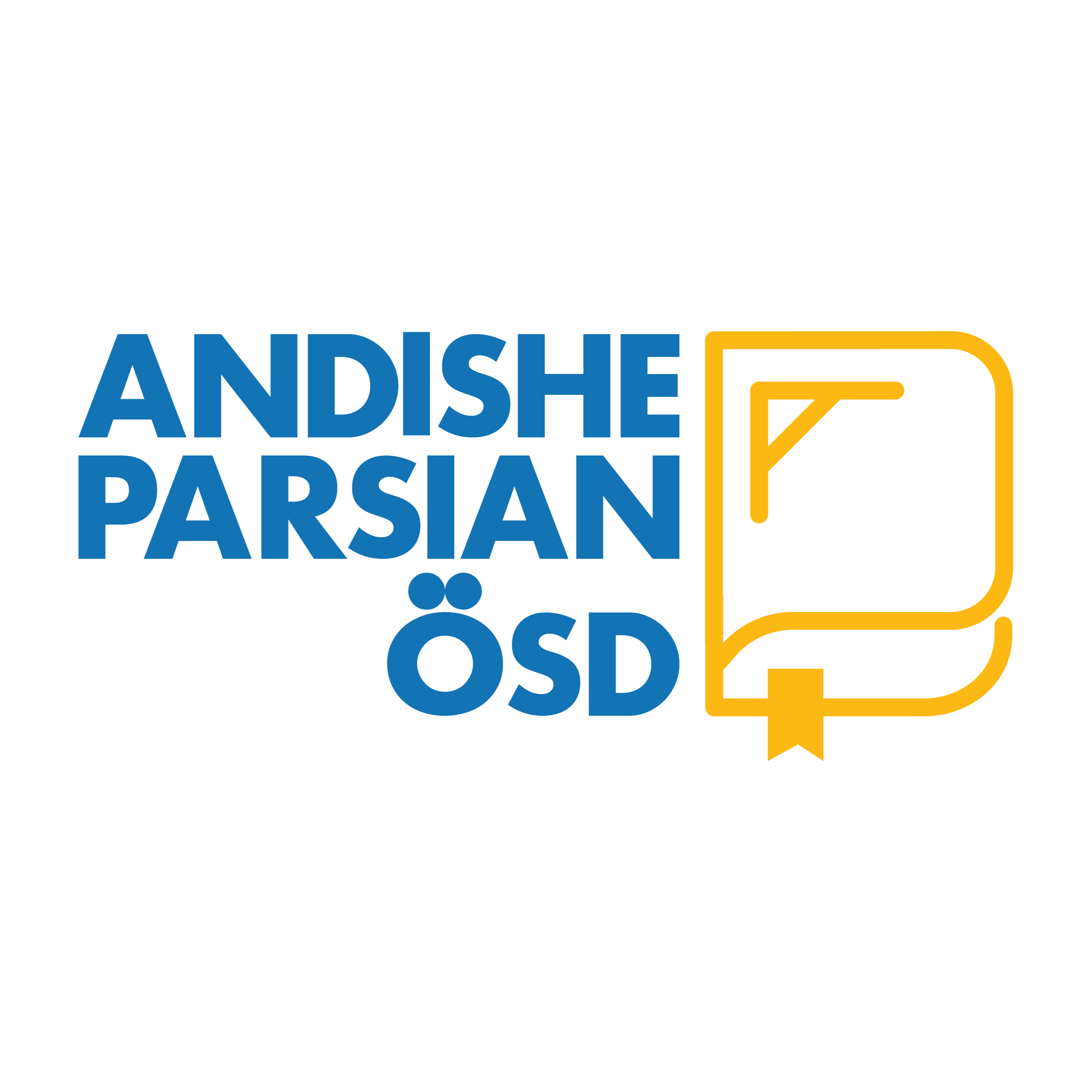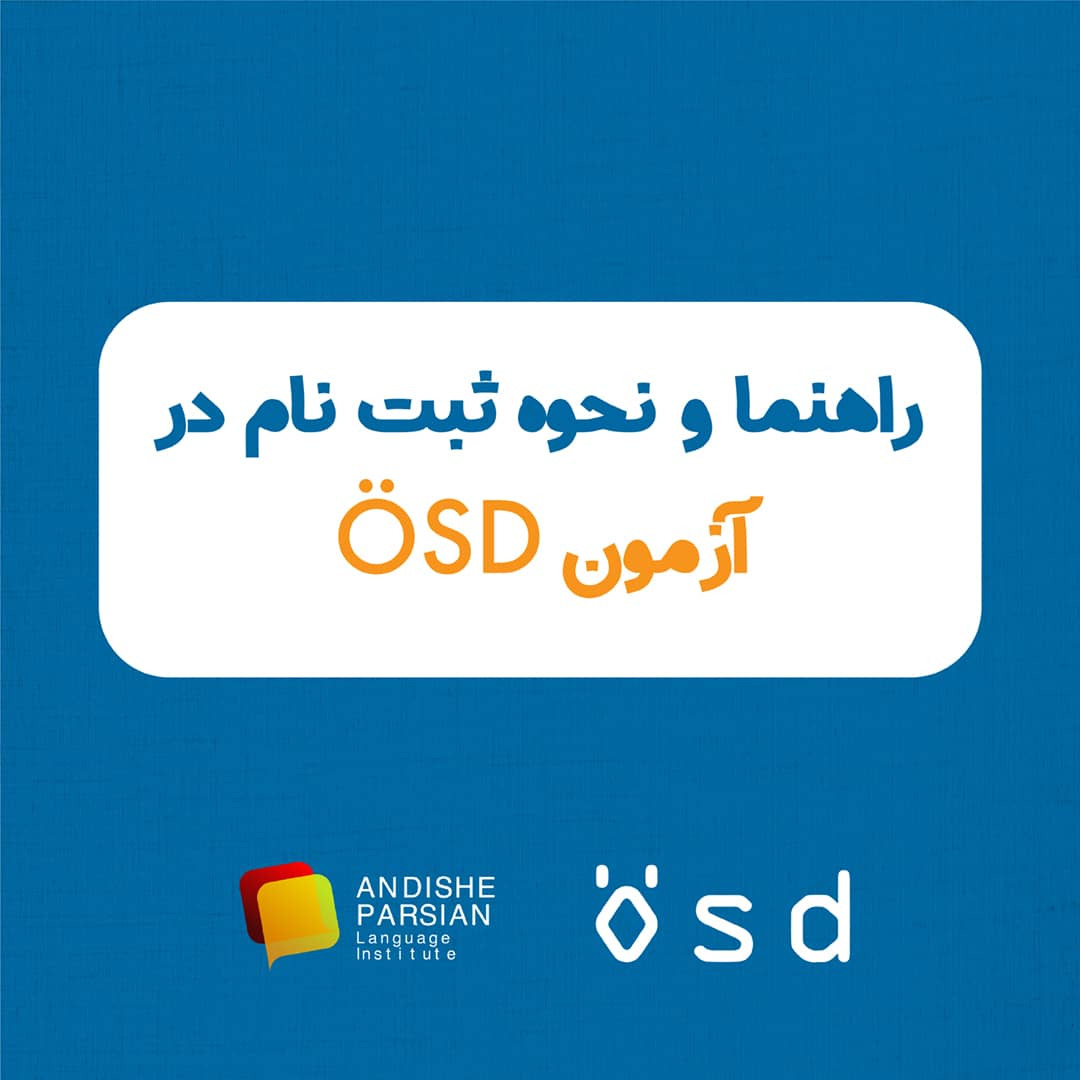10 (More) Grammar Mistakes That Make Smart People Look Stupid

Written by: Bernard Marr
Remember: If you make any of these mistakes, it is not to say that you are stupid, but rather that they are mistakes that are easy to correct and may help you make a good impression rather than a poor one.
And, as one commenter on the last post correctly pointed out, many of these are usage errors rather than strictly grammar errors (but I kept grammar in the title anyway!).
1. Your vs. You’re
This was by far the most mentioned pet-peeve in the comments of my previous article (therefore, clearly it is worth learning so as to avoid annoying coworkers and friends!).
Your is possessive. “Take your cookies and get out of this break room. Don’t you know I’m on a diet?”
You’re is a conjunction of the words you are. “You’re going to be in big trouble if you keep bringing doughnuts to every meeting.”
2. Collective Nouns such as company, class, or department
This one can trip up even the best of us. A collective noun refers to a group of people — but it is a singular unit. So what verb does it take, singular or plural?
If the group is acting as a single unit, it gets a singular verb: “The department is (singular) going on retreat.”
If the members of the group are acting individually, it gets a plural verb: “The department began (singular) by running a ropes course.”
An easy way to figure it out: if you can add the word “members” after the collective noun and have the sentence make sense, it needs a plural verb: “The company (members?) wants (singular) to recognize high achievers.” The company as a whole wants, in this case.
3. Lose vs. loose
My favorite way to remember this is with a simple sentence: “When you lose weight, your clothes will be loose.” I think of the extra O in loose as being extra room in the clothes. Silly? Maybe. But it works!
4. Advise vs. Advice
To advise someone is to give them advice. Advise, with an S, is the verb, while advice, with a C, is the noun.
I like to remember that advisors advise; it helps me remember which is the verb. (A note of advice: as I was writing that previous sentence, Google’s grammar and spell check marked “advise” as incorrect! So even the grammar checker can be wrong.)
5. Complimentary vs. Complementary
This one is difficult because the words are spelled almost exactly the same — and the meanings are also similar.
Complimentary means free, or flattering. “The appetizers are complimentary.” “He was very complimentary about my presentation.” You can remember this by thinking, I like to give compliments, and I like to get things for free — to remember that this word is spelled with an I.
Complementary means something goes well with something else. “That suit and tie are very complementary.”
6. Which vs. That
There are two ways to remember whether to use which or that in a sentence.
First, if you can remove the phrase and not change the meaning of the sentence, use which; if you can’t remove it without changing the meaning of the sentence, use that. You can throw out the “whiches”.
“The report, which contained several lovely images, was well received.” Take out “which contained several images” and the sentence still makes sense.
“Reports that contain images are more easily understood.” Take out “that contain images” and this sentence doesn’t make much sense.
Another simple way to look at this is if the phrase is offset by commas, it should contain which. If you don’t need commas, it can be that.
7. Like vs. Such as
In conversational speech, people use “like” for just about everything. But technically, it’s not always correct.
When you use “like,” you are comparing two things that are alike: “The meeting went on too long like every other meeting.”
When you are giving examples, you should use “such as”: “He had many annoying qualities, such as his tendency to trim his nails in meetings.”
8. Capital letters
Many people seem to think that they should use capital letters for emphasis or to call out particular words or phrases, but there are only a few cases when you should use capitals.
Use a capital letter at the beginning of a sentence, obviously.
Use capital letters for proper nouns, such as the names of cities, people, or months of the year. “Jenny and I are going to Paris, Texas in January.”
Use capital letters for titles of blog posts, articles, and the like. (See above.)
9. Me and I
Many people get confused about when to use “me” and “I”. Both are pronouns, but one is used when it’s the subject of a sentence — the one doing the action — and the other when it’s the object — the one being acted on.
If you say, “I love cake,” the word “I” is the subject, and cake is the object. Unless you are Cookie Monster, you would never say, “Me love cake.”
If you say, “Cookie Monster loves me,” the word “me” is the object, the thing being loved.
One case that trips people up is the phrase, “Between you and me” or “Between him and me.” In this case, between is a preposition (like up, on, at, or around) and the pronouns are the objects of that preposition, so it is correct to say “me” instead of “I”.
10. Apostrophes and plurals
It seems those little apostrophes cause a lot of problems! One common mistake is when people use an apostrophe S to indicate a plural.
In (almost) every case, you DO NOT use an apostrophe S to make something plural, you just add the S: “The Marrs celebrated the fact that Bernard has been working with KPIs since the 1990s.”
The only exception to this rule that I know of is when you want to make a single letter plural, as in “She was minding her p’s and q’s and got straight A’s.” Just as a note, sometimes an organization will make a style choice about the use of apostrophes and plurals. For example, the New York Times was using apostrophes with plural initials, like PJ’s, as recently as 2007.
امتیاز مطلب: ۰.۰۰ از مجموع ۰ رای. شما نیز به این مطلب امتیاز دهید:

